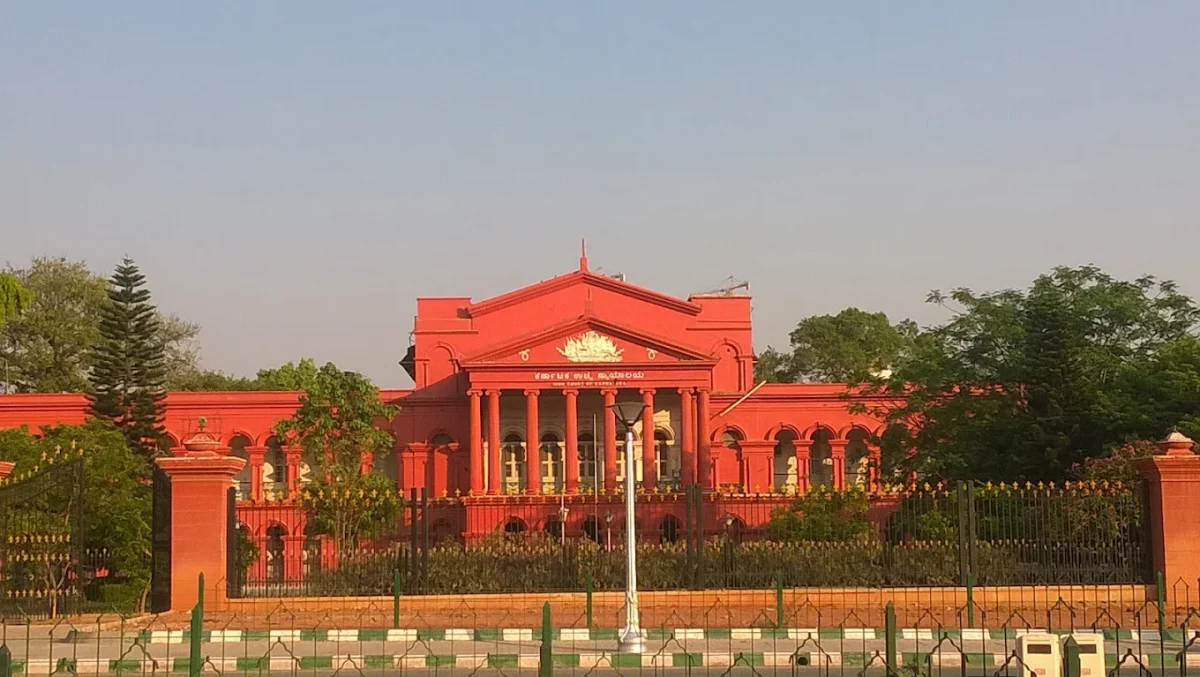Recently, a notable Karnataka high court ruling directed the Bruhat Bengaluru Mahanagara Palike (BBMP) to implement stringent preventive measures against illegal building activities. The court mandated that property owners, architects, and supervisors submit affidavits at various construction stages, confirming adherence to sanctioned plans. Additionally, the BBMP is required to conduct periodic inspections every 30 days to ensure compliance.
The Karnataka HC ordered the demolition of unauthorized floors in a residential complex in Bengaluru’s Peenya area. The court instructed the Bangalore Development Authority (BDA) to dismantle the illegally constructed 14th and 15th floors of a tower in IBC Platinum City, emphasizing the necessity for strict enforcement of building regulations. This shows even if its a luxury apartment nobody has the authority to bypass laws.
The legal framework governing construction modifications varies across Indian states. The Karnataka Municipal Corporations Act, 1976, requires that any structural changes receive prior approval from municipal authorities. Similarly, the Maharashtra Real Estate (Regulation and Development) Act mandates obtaining prior written consent from relevant authorities before making alterations. The Delhi Development Authority’s Master Plan 2021 explicitly prohibits structural modifications that deviate from approved building plans, with Section 14 of the Delhi Apartment Ownership Act allowing associations to challenge violations affecting common areas or structural stability.
Despite clear regulations, enforcement remains challenging. A legal expert in property law, stated that while laws are explicit, enforcement often involves multiple authorities, leading to jurisdictional overlaps and delays. This complexity necessitates coordinated efforts between RWAs, municipal bodies, and regulatory agencies to effectively address unauthorized constructions.
Proactive measures are being adopted in various regions. In Bengaluru, the BBMP has been directed to integrate its database with the Bangalore Water Supply and Sewerage Board (BWSSB) and Bangalore Electricity Supply Company (BESCOM). This integration aims to monitor new water and electricity connections, ensuring they correspond with approved building plans and helping to identify unauthorized constructions.
As this regulatory landscape continues to evolve, the focus is shifting from reactive enforcement to preventive compliance. With courts providing clearer guidelines and municipal bodies strengthening their monitoring systems, the framework for managing unauthorized constructions is becoming more robust. The growing collaboration between RWAs, regulatory bodies, and residents suggests that the future of urban housing may lie in finding the delicate balance between individual needs and structural integrity – but who will take the lead in this transformation?


